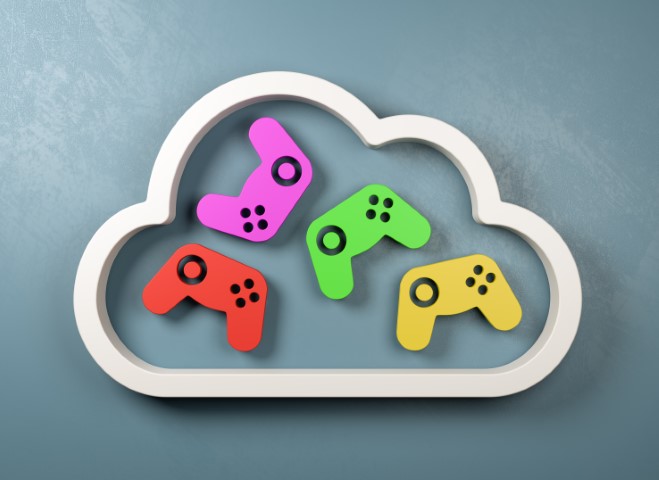Microsoft and Xbox’s Stance on Cloud Gaming Questioned Amid Regulatory Battle
In the midst of its ongoing battle with regulators over the acquisition of Activision-Blizzard-King (ABK), Microsoft’s position on cloud gaming has come under scrutiny. The UK regulatory body, known as the CMA, recently blocked the deal, casting doubt on the future of Xbox’s foray into mobile gaming. While Microsoft and Activision remain determined to contest the decision, concerns have been raised about Microsoft’s plans to leverage cloud gaming if the acquisition goes through..
Despite garnering support from cloud competitors like NVIDIA GeForce Now, the CMA still blocked the deal, citing the lack of a regulatory framework for the nascent cloud gaming market. Interestingly, Microsoft itself painted a pessimistic picture of its cloud gaming business in its CMA responses. The company acknowledged that Xbox Cloud Gaming on mobile devices has been “unsuccessful” and cited the increasing quality of native mobile games as a contributing factor. Microsoft indicated that there is unlikely to be significant demand for cloud gaming in the near future.
These developments have raised questions about Microsoft’s commitment to cloud gaming and whether a change in strategy is imminent. Historically, Microsoft has shown a willingness to pivot away from technologies that fail to gain traction. The discontinuation of its streaming service, Mixer, when faced with competition from Twitch, serves as an example. If Xbox Cloud Gaming fails to make a lasting impact, as suggested by Microsoft, it could lead to a reevaluation of its cloud-based gaming endeavors.
Recent observations, such as the popularity of Nintendo Switch among mobile gamers and advancements in handheld gaming devices like the Steam Deck, have further highlighted the challenges faced by cloud gaming. The promise of “console-quality” gaming experiences on mobile devices has already been realized through these platforms, making cloud gaming less relevant. Additionally, the constraints imposed by Wi-Fi limitations, Apple and Google’s restrictions, and the costs of maintaining servers have further hindered the success of Xbox Cloud Gaming.
Amidst regulatory hurdles and the evolving landscape of mobile gaming, Microsoft is likely considering its options. The company’s participation in the upcoming ROG Ally reveal event with ASUS, where the focus will be on enhancing the Windows 11 experience for handheld PC gaming devices, hints at a potential shift in strategy. As Microsoft navigates the challenges ahead, its future in cloud gaming and mobility remains uncertain.










